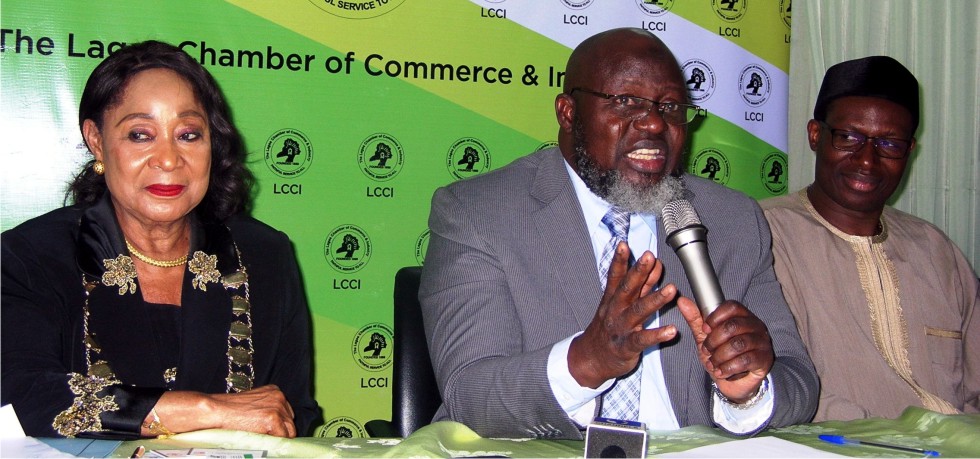Business
Transport Stakeholders Want Operations Standardised

Some stakeholders in the
transport sector have identified the lack of standardisation and self-regulation as the bane of improved customer service.
The operators spoke at a forum, tagged, “The Interstate Transport System,’’ organised by the Association of Private Transport Company Owners of Nigeria (APTCON), on Wednesday, in Lagos.
According to them, the standardisation and regulation of the transport sector would further reduce cases of road crashes, increased operational efficiency, and increased revenue for transport operators.
Managing Director, Jetvan Automobile, Mr Tobi Ajayi, said, “Nigeria is a very big country in economy and population, but the question is how do you provide transport services for such a large number of people?
“There is no doubt that having the huge number of road users on the roads put so much pressure on our roads
“One of the ways to ensure we are safe is to have standard, have very good vehicles on the road, use vehicles that have very good warranties so that you can always be safe when you convey people.
Operations Head, Oya.com Mr Ezekiel Ojabulu, also said, “We are not regulated or organised; the market is unregulated; it has been left to transport unions, but we must make it as regulated as it should be.
“It is not too late because organising road transport in Nigeria is one of the best things we could do in enhancing more customer service.
“Only less than five per cent of daily travellers can comfortably seat in their homes and book for tickets online in advance because they do not trust the operators.
“An ordinary man travelling today would want to make sure he goes to the park because he wants to know the state of the vehicle he would travel in or the driver.
“These are all signs of unorganised market; anybody who has enough money to buy one or two vehicles suddenly addresses himself as a transporter.
“So, if you have standards it would address issues regarding revenue, customers will be able to trust the industry, improve your cost or fares, and increase your revenue profile.’’
Mr Michael Adedigba, Director of Operations, God is Good Motors, said given the continued increase in production cost, there was need for transport operators in the country to have a holistic approach to fare increase.
He said, “We don’t want to lay off workers, but we want to ensure that our commuters enjoy the best of service and ensure our infrastructure is well maintained.’’
Transport
Automated Points Concession : FAAN Workers Gave 72hrs To Revise Decisions In PH

Transport
FAAN Announces Pick-Up Points for Go-Cashless Cards

Business
Fidelity Bank To Empower Women With Sustainable Entrepreneurship Skills, HAP2.0
-
Politics3 days ago
2027: NIGERIANS FAULT INEC ON DIGITAL MEMBERSHIP REGISTER DIRECTIVE
-

 Environment3 days ago
Environment3 days agoLAWMA Director Says Sweeping Reforms Have Improved Waste Collection
-
Politics3 days ago
LP Crisis: Ex-NWC Member Dumps Dumps Abure Faction
-

 Politics3 days ago
Politics3 days agoUmahi Dismisses Allegations On Social Media, Insists On Projects Delivery
-

 Sports3 days ago
Sports3 days agoAbia Not Sure To Secure continental Ticket
-
Sports3 days ago
La Liga: Yamal Records First Career Hat-trick
-
Politics3 days ago
NATASHA ELECTRIC VEHICLES INITIATIVE IN KOGI CENTRAL
-
Politics3 days ago
IT’S A LIE, G-5 GOVS DIDN’T WIN ELECTION FOR TINUBU – SOWUNMI

